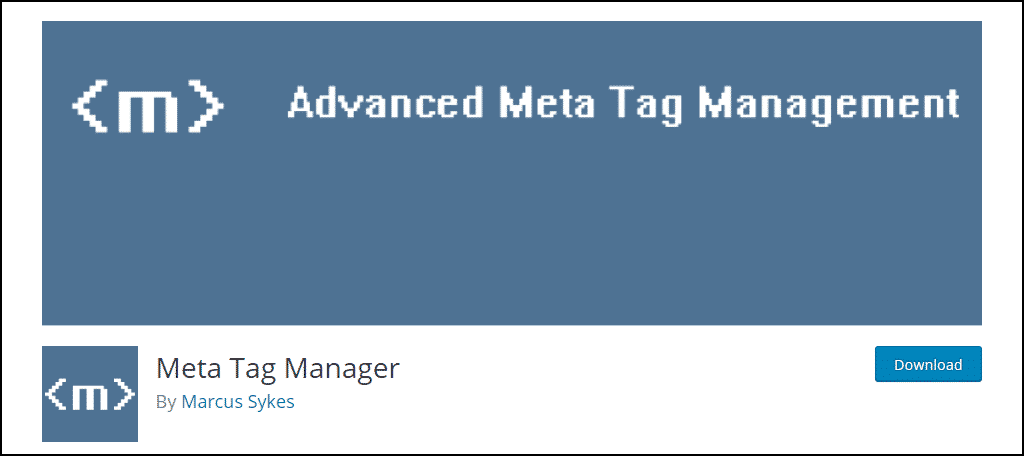

“The meta keywords value is just one of many factors in our ranking equation, and we’ve never given too much weight to it. We do continue to look at this issue, and may re-include them if the perceived quality improves over time,” said Jon Glick, AltaVista’s director of internet search.Īs for Inktomi, the search engine has no immediate plans to follow AltaVista’s lead: “In the past we have indexed the meta keywords tag but have found that the high incidence of keyword repetition and spam made it an unreliable indication of site content and quality. Now Inktomi remains the only one, with AltaVista having dropped its support in July, the company says. Lycos quietly dropped its support of the tag in 1998, and newer search engines such as Google and FAST never added support at all.Īfter Infoseek (Go.com) closed in 2000, the meta keywords tag was left with only two major supporters: AltaVista and Inktomi.

For this reason, Excite (which also owned WebCrawler) resisted added support. Some web site owners would insert misleading words about their pages or use excessive repetition of words in hopes of tricking the crawlers about relevancy. Experience with the tag has showed it to be a spam magnet. The ascendancy of the tag did not last after 1997. Lycos did the same in mid-1997, taking support up to four out of the seven major crawlers at the time (Excite, WebCrawler and Northern Light did not provide support). When Inktomi launched in mid-1996 through the HotBot search engine, it also provided support for the tag. It’s unclear which one provided support first, but both were offering it in early 1996. The first major crawler-based search engines to use the meta keywords tag were Infoseek and AltaVista. broken hyperlinks, volume and consistency of searches and/or viewer traffic, time within website, page views, revisits, click-throughs, technical user-features, uniqueness, redundancy, relevance, advertising revenue yield, freshness, geography, language and other intrinsic characteristics. Major search engine robots are more likely to quantify such extant factors as the volume of incoming links from related websites, quantity and quality of content, technical precision of source code, spelling, functional v. Search engines began dropping support for metadata provided by the meta element in 1998, and by the early 2000s, most search engines had veered completely away from reliance on meta elements. (Unscrupulous webmasters could easily place false keywords into their meta elements in order to draw people to their site.)

By late 1997, however, search engine providers realized that information stored in meta elements, especially the keywords attribute, was often unreliable and misleading, and at worst, used to draw users into spam sites. The keywords attribute was popularized by search engines such as Infoseek and AltaVista in 1995, and its popularity quickly grew until it became one of the most commonly used meta elements.


 0 kommentar(er)
0 kommentar(er)
